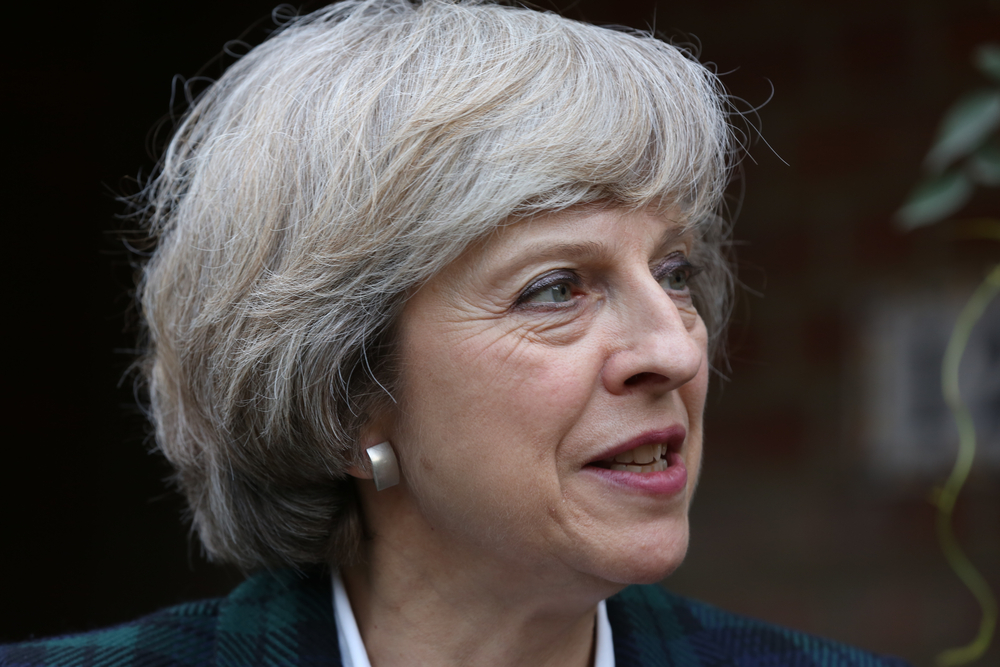The government has pledged to deliver ‘well-functioning markets for secondary materials’ in a green paper outlining its Industrial Strategy for the UK.
Prime Minister Theresa May has launched the ‘Building Our Industrial Strategy’ paper also promises to consult businesses on how government can support them in achieving cost savings through ‘greater resource and energy efficiency’.
Dubbed a ‘post-Brexit’ Industrial Strategy, the plan will be overseen by the Department for Business, Energy and Industrial Science (BEIS), and was officially unveiled by Mrs May at a regional Cabinet meeting in Warrington.
In her foreword, the Prime Minister confirms the Industrial Strategy is a ‘critical part’ of the government’s plan for ‘post-Brexit Britain’ and will see ministers take on a ‘new, active role’ rather than ‘leaving businesses to get on with the job’.
The Strategy is founded on ’10 pillars’ which the government’s evidence shows will drive growth in UK business – as well as ‘sector deals’ to boost growth in certain areas – such as automotive batteries.
 The Strategy’s waste ambitions fall under the ‘Delivering affordable energy and clean growth’ objective. It states: “Increasing the efficiency of material use across the whole supply chain can deliver huge cost savings and improve the productivity of UK businesses.”
The Strategy’s waste ambitions fall under the ‘Delivering affordable energy and clean growth’ objective. It states: “Increasing the efficiency of material use across the whole supply chain can deliver huge cost savings and improve the productivity of UK businesses.”
And, there is a pledge that the government “will work with stakeholders to explore opportunities to reduce raw material demand and waste in our energy and resource systems, and to promote well-functioning markets for secondary materials, and new disruptive business models that challenge inefficient practice.”
The government adds that this work will be supported by its 25-year Environment Plan, which will set out a ‘long term’ vision for resource efficiency. The Plan is currently being prepared by the Department for Environment, Food & Rural Affairs.
(Picture: Shutterstock, EMG)





